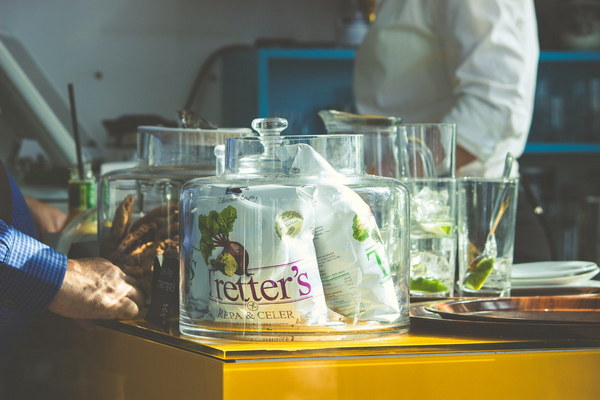PostKidney Stone Surgery What to Eat for Kidney Health and Recovery
After undergoing kidney stone surgery, it is crucial to focus on a diet that promotes kidney health and aids in recovery. The right foods can help reduce the risk of future kidney stones and support overall renal function. In this article, we will explore the best dietary choices to consider post-kidney stone surgery.
1. Hydration: Staying well-hydrated is essential for kidney health. Drink plenty of water throughout the day, aiming for at least 8-10 glasses. Water helps flush out waste products, including small kidney stones, and keeps the kidneys functioning properly. Avoid drinks high in caffeine and alcohol, as they can contribute to dehydration.
2. Low-sodium diet: Excess sodium can lead to water retention and increased pressure on the kidneys. Reduce your sodium intake by avoiding processed foods, fast food, and adding salt to your meals. Opt for fresh, whole foods and herbs for flavor instead.
3. High-fiber foods: A diet rich in fiber can help prevent the formation of kidney stones by keeping the digestive system healthy. Include fruits, vegetables, whole grains, and legumes in your meals. Aim for at least 25-38 grams of fiber per day, depending on your age and sex.
4. Dairy products: Including dairy products such as milk, cheese, and yogurt in your diet can help reduce the risk of kidney stone recurrence. Choose low-fat options and consume them in moderation.
5. Lemon and lime juice: These citrus fruits are rich in citrate, a compound that helps prevent the formation of kidney stones. Add lemon or lime juice to water, salad dressings, or marinades to increase your intake.

6. Magnesium-rich foods: Magnesium can help prevent the formation of certain types of kidney stones. Incorporate foods like almonds, spinach, avocado, bananas, and whole grains into your diet to increase your magnesium intake.
7. Vitamin B6: Deficiency in vitamin B6 may contribute to kidney stone formation. Foods rich in vitamin B6 include chicken, fish, bananas, potatoes, and fortified cereals. Aim for about 1.3 milligrams of vitamin B6 per day.
8. Calcium-rich foods: Calcium is often a concern when it comes to kidney stones, but consuming calcium with other nutrients can actually reduce the risk of stone formation. Choose calcium-rich foods like milk, cheese, yogurt, and leafy greens. However, avoid consuming high doses of calcium supplements without consulting a healthcare professional.
9. Nuts and seeds: Nuts and seeds, such as almonds, walnuts, and sunflower seeds, are rich in omega-3 fatty acids, which can help reduce inflammation and support kidney health. Include these foods in your diet in moderation.
10. Avoidance of certain foods: Some foods can contribute to the formation of kidney stones. Avoid or limit consumption of foods high in oxalate, such as spinach, rhubarb, beets, and chocolate. Also, limit intake of foods high in purines, like red meat, fish, and organ meats, as they can increase uric acid levels and contribute to stone formation.
Remember, it is essential to consult with your healthcare provider before making significant changes to your diet post-kidney stone surgery. They can provide personalized recommendations based on your specific health needs and kidney stone type.
In conclusion, focusing on a balanced diet with the right foods can help support kidney health and recovery after kidney stone surgery. By staying hydrated, reducing sodium intake, and including a variety of nutrient-rich foods in your meals, you can reduce the risk of future kidney stones and promote overall renal function.